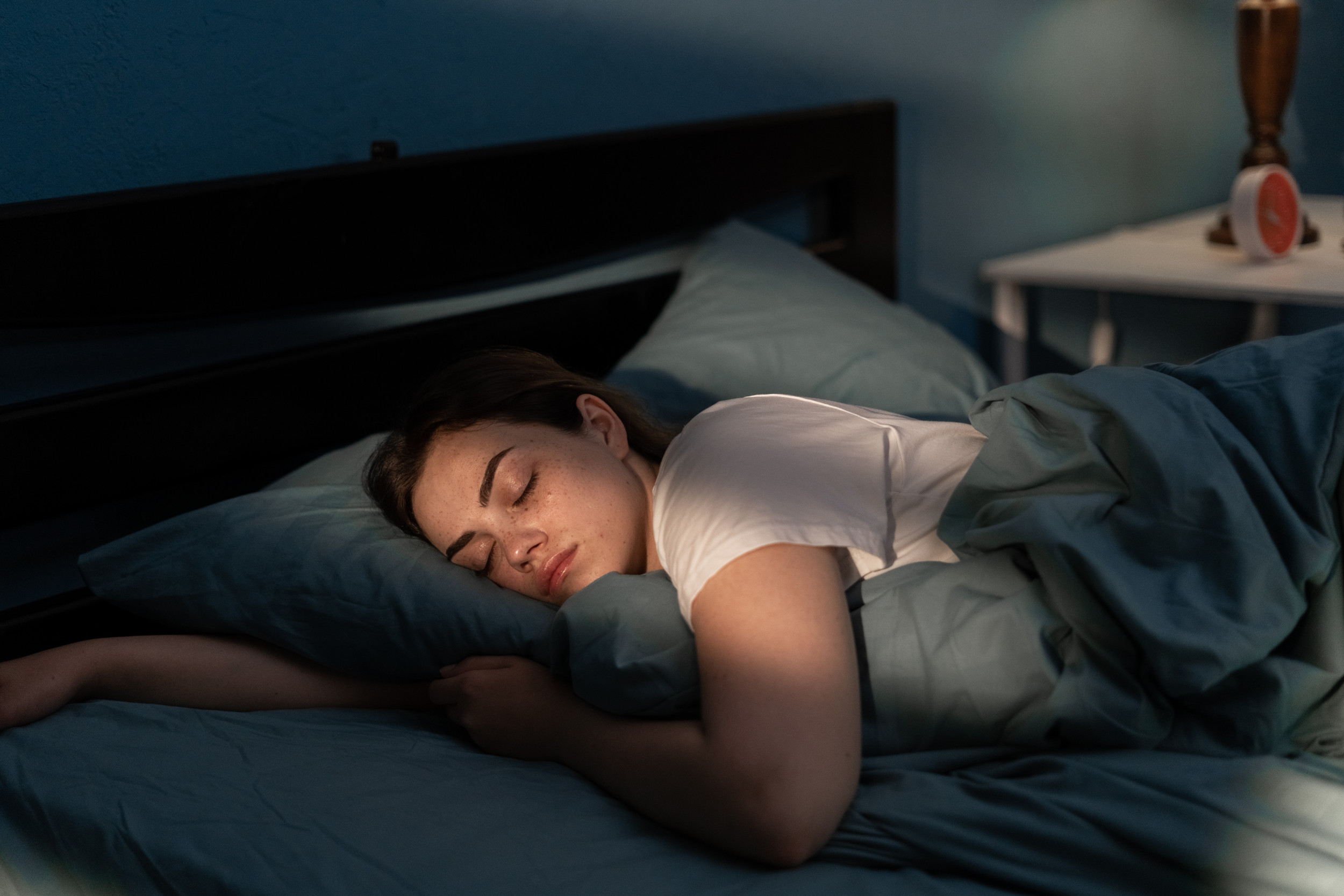Catching up on missed sleep at the weekend could reduce heart disease risk by up to a fifth, according to research presented at the European Society of Cardiology (ESC) this week.
Previous research has emphasized the importance of a regular sleep schedule, discouraging weekend lie-ins in favor of consistent bedtimes and wake times. However, this study, using data from 90,903 subjects involved in the UK Biobank project, seems to have reached the opposite conclusion.
“Sufficient compensatory sleep is linked to a lower risk of heart disease,” study co-author Yanjun Song from China’s National Center for Cardiovascular Disease said in a statement.
“The association becomes even more pronounced among individuals who regularly experience inadequate sleep on weekdays.”
Of the Biobank subjects, 21.8 percent self-reported as sleep deprived, saying they regularly failed to sleep for seven hours per night.
The researchers sorted the subjects into four groups of approximately the same size, from those who slept the most during weekend lie-ins to those who slept the least.
Measuring heart disease risk, the scientists followed up with study participants after an average of 14 years, looking at hospital and death records related to coronary artery disease, heart failure, irregular heartbeats and stroke.
When comparing everyone in the study, scientists found that the group that slept the most during the weekend was 19 percent less likely to develop heart disease in the following years.
Similarly, among the subgroup of patients who said they were sleep deprived, those who made up for that with long lie-ins had a 20 percent lower risk of developing heart disease than those who slept in for the least amount of time.
Andrii Lysenko/Getty Images
The ESC study authors said this research was intended to combat a lack of evidence about whether compensatory sleep could help heart health. The previous studies that do exist are inconsistent in their findings, and many directly contradict the results of this study.
One 2020 study, for instance, found that an irregular sleeping pattern could disrupt circadian rhythms—the biological sleep-wake patterns felt by the body—and so contribute to heart disease risk.
Another study from 2019 found that weekend lie-ins did not compensate for the damage done by midweek sleep deprivation, measuring metabolic effects: obesity, diabetes, heart disease, and more.
The ESC study authors also noted some limitations to their research. Namely, more than three-quarters of the subjects included did not report getting less than seven hours of sleep during the week, reducing the relevance of many of the subjects included in the study.
Also, the data relied on individuals reporting their sleep habits, which may have led to inaccuracies.
The American Academy of Sleep Medicine advises that adults aim to sleep for at least seven hours per night and maintain a regular sleeping routine.
Do you have a tip on a food story that Newsweek should be covering? Is there a nutrition concern that’s worrying you? Let us know via science@newsweek.com. We can ask experts for advice, and your story could be featured in Newsweek.
Reference
Song, Y., Liu, Z. (2024, September 1). Weekend compensatory sleep is associated with reduced risk of heart disease: A prospective UK Biobank-based cohort study. ESC Congress 2024, London. https://esc365.escardio.org/ESC-Congress/sessions/11988
